Find a program or major

It’s the perfect dilemma. So many choices — and so many ways to combine them.
At the University of Maine, you’ll find nearly 100 majors, minors and academic programs, and interdisciplinary studies are encouraged.
Don’t see something you’re interested in on the list? Just ask. Chances are, we have it.
FIND WHAT INSPIRES YOU

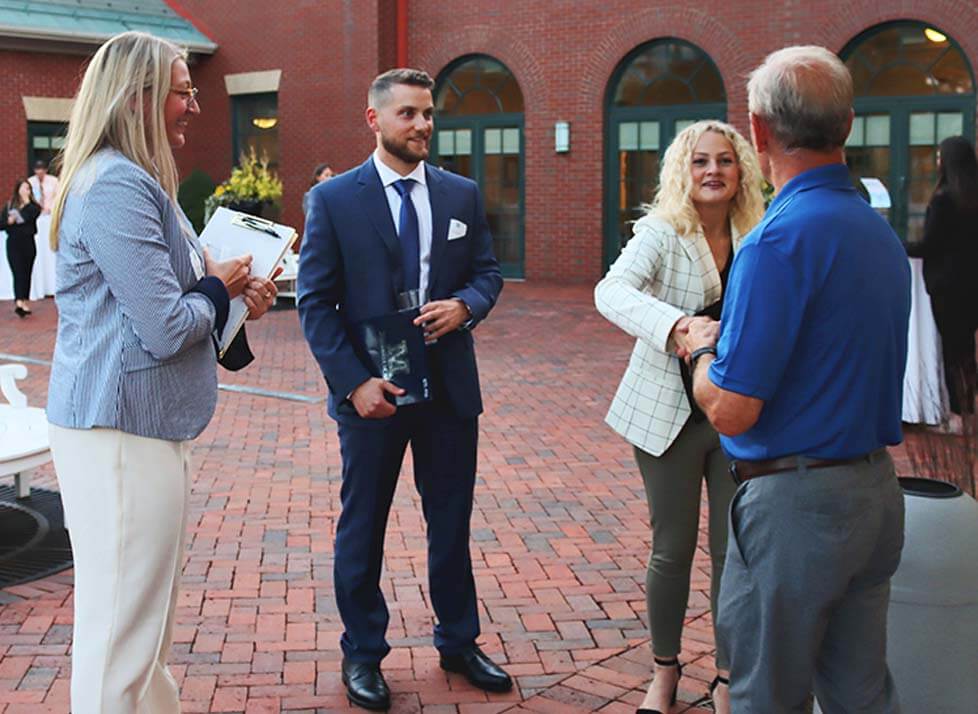
Knowledge of accounting principles and their applications is fundamental to a career in business. Data from accountants is essential for planning, decision-making, and control. The practicing accountant is involved in supervising the preparation, interpretation, and reporting of economic data for management operations and the general public. Our accounting graduates are sought by accounting firms, public and private companies, nonprofits, and government entities for financial reporting, taxation, auditing, and business consulting.
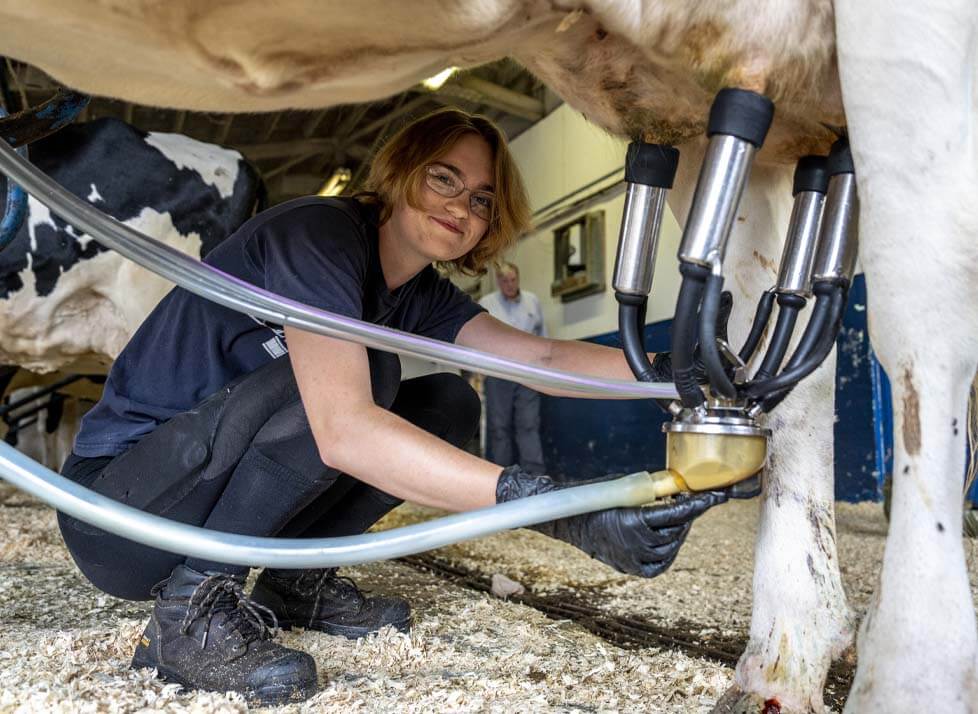
Animal and veterinary sciences is recommended for students who wish to pursue careers in animal agriculture, including the dairy, livestock, or equine industries or other aspects of animal related research. It provides a solid understanding of biological sciences along with specific expertise in the diseases, breeding, nutrition, and physiology of domestic and laboratory animals. The pre-veterinary concentration prepares students to apply to colleges of veterinary medicine.

Anthropology promotes understanding and appreciation of social complexity and diversity, actively improving the human condition. Anthropology faculty at the University of Maine are nationally and internationally known for their interdisciplinary research, which instills in students a broad understanding of human complexity through time and across the globe. Anthropology provides a well-rounded, generalist education that provides students with the ability to critically evaluate theories, options and actions that affect humankind.
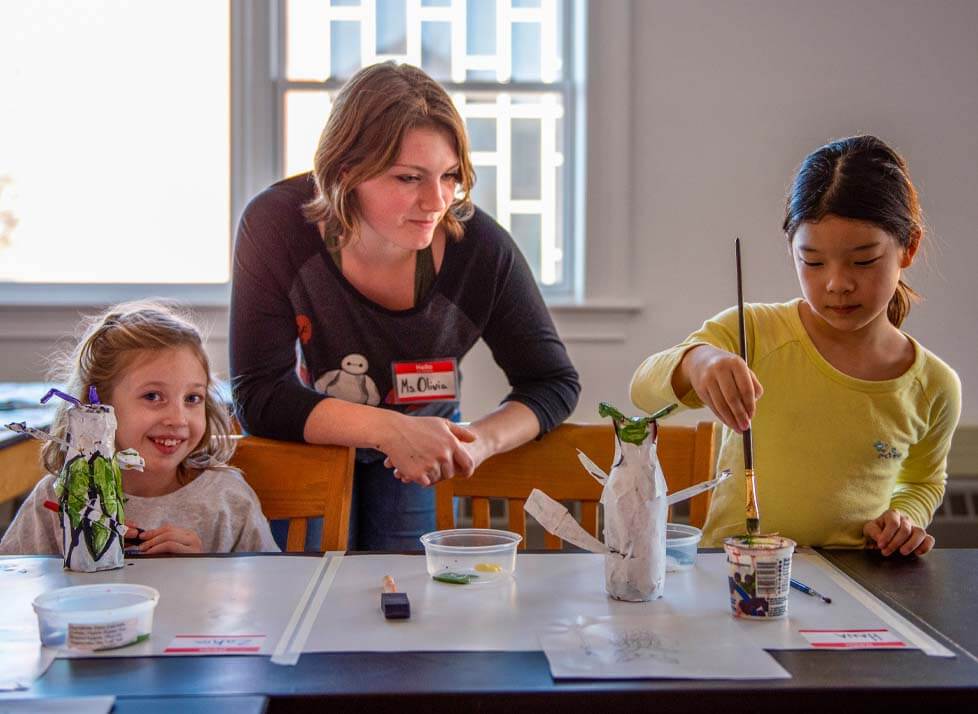
The art education program at the University of Maine is the largest and most comprehensive in Maine. It offers students an integrated liberal arts program that places both theory and practice at the center of their learning experiences. As a result, students are not only prepared as “highly qualified” art teachers, they are also well educated in the complexity and diversity of art and our visual and material culture.
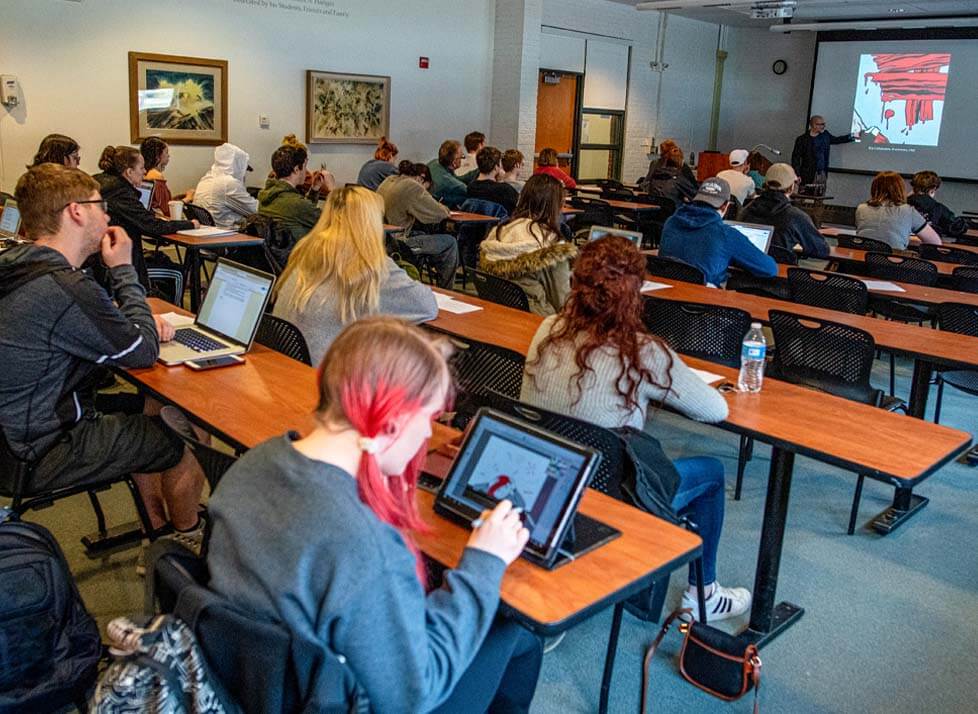
UMaine’s art history major prepares students for the media-filled and symbolic world that we live in today. Art history faculty teach diverse theoretical and methodological approaches to interdisciplinary inquiry about art, aesthetics, and visual culture. By encouraging intellectual curiosity and emphasizing the importance of comprehensive research and critical writing the major prepares students for graduate studies and professional success in a number of fields.
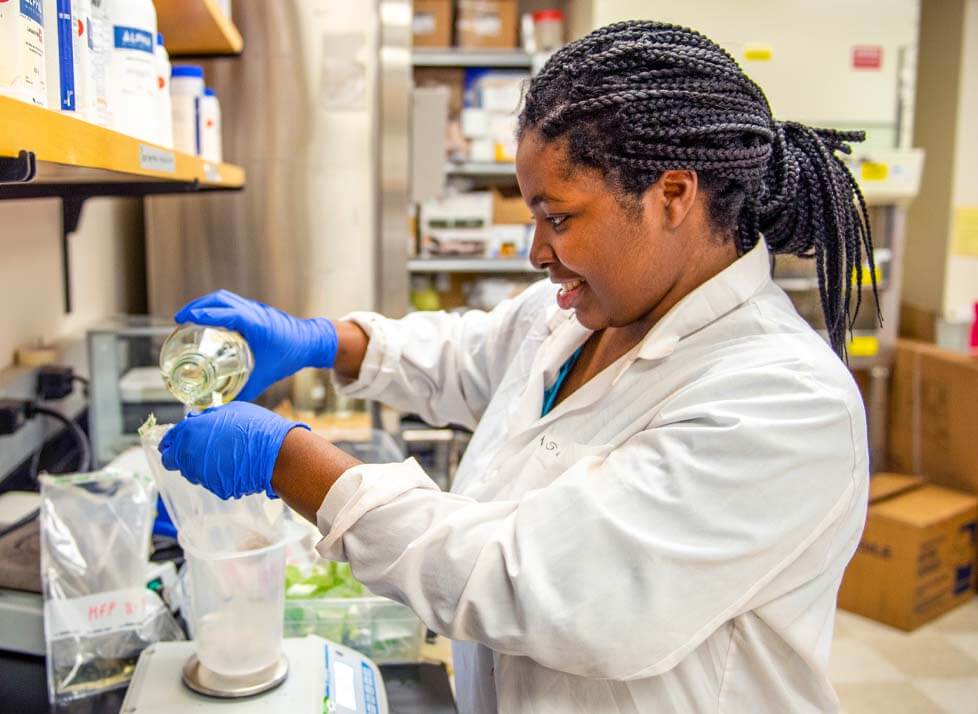
Biochemistry is concerned with the study of all living systems at the cellular and molecular levels and is, therefore, fundamental to all life sciences. The field is broad in its disciplinary subjects and applications. It emphasizes the use of chemistry and other physical sciences to understand basic life processes and the products of such processes.
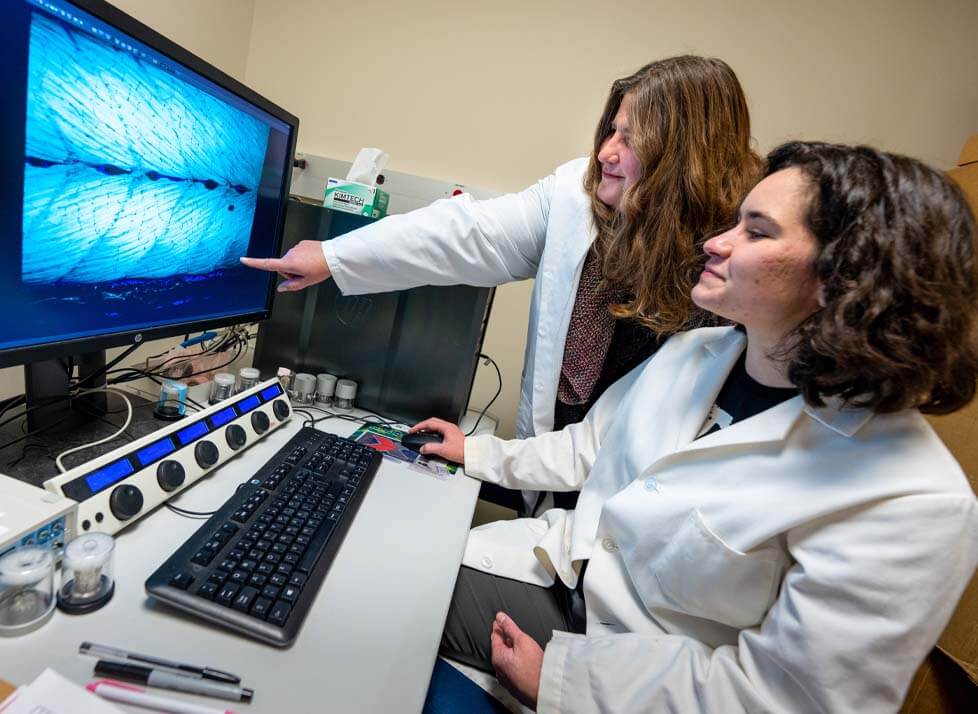
Are you curious about life and its processes? Biology majors study how living organisms such as plants, microorganisms, fungi and animals function at the cellular, tissue, organismal, and ecological levels. Our students engage in research critical to understanding and solving problems in agriculture, biodiversity, evolution, public health, medicine and more.
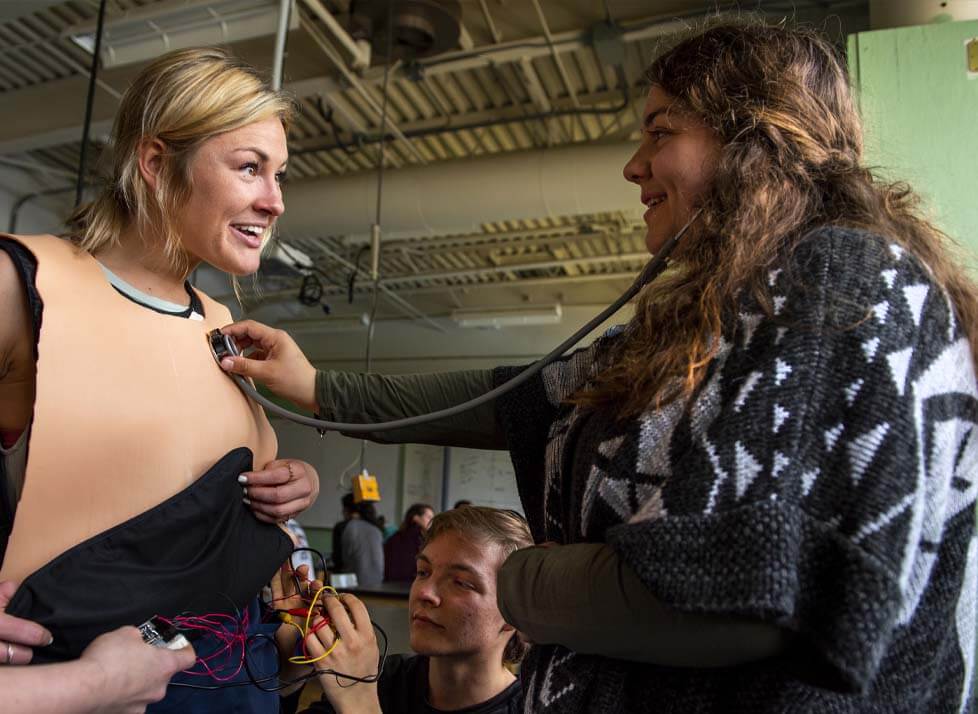
Biomedical engineering encompasses a broad range of topics, all of which focus on the interface between biology and engineering. The goal of the program is to prepare students for employment or graduate education in fields associated with clinical, therapeutic, and diagnostic applications of biomedical engineering.
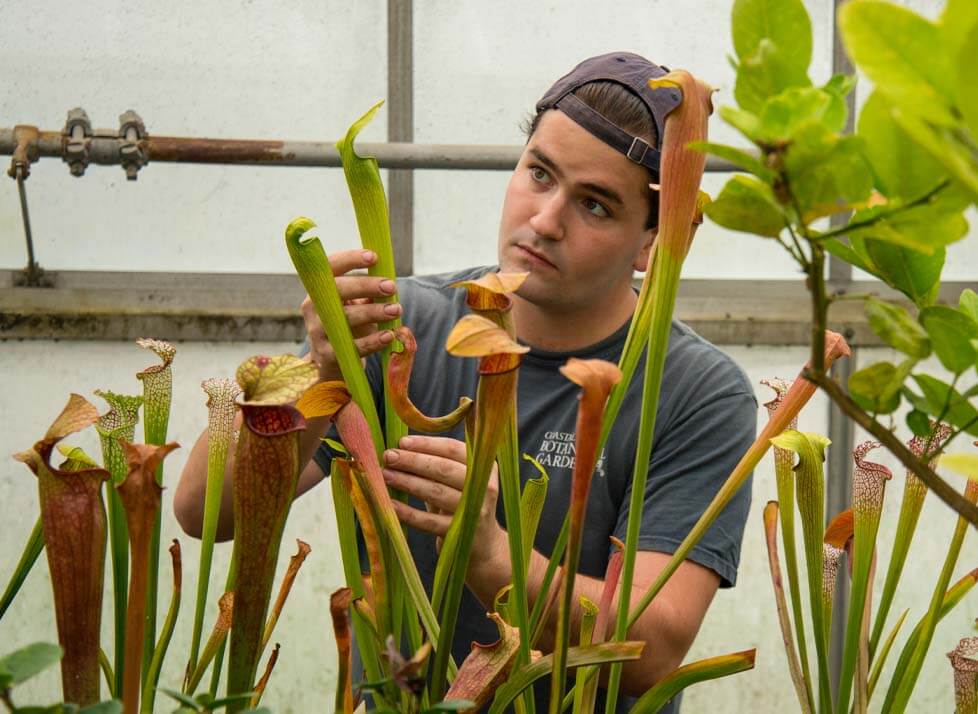
Botany majors study all aspects of plant biology from microscopic levels to plant populations. Our students engage in undergraduate research, helping to solve critical problems in plant and fungal diseases, biodiversity, evolution, and plant ecology.
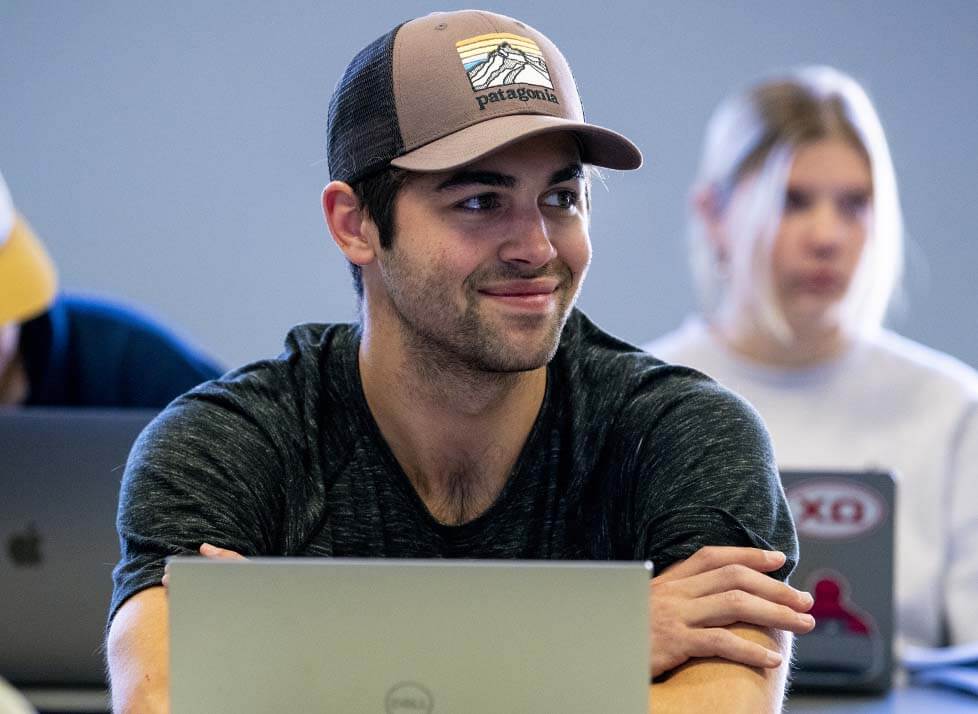
With the business information systems and security management (BISSM) major, students are prepared to assist businesses in their use of technology to enhance processes, facilitate better management decision making and protect information assets. Students will learn how to apply systems and analytical thinking to solve problems using technology strategically for competitive advantage and how to secure computer networks and information systems.
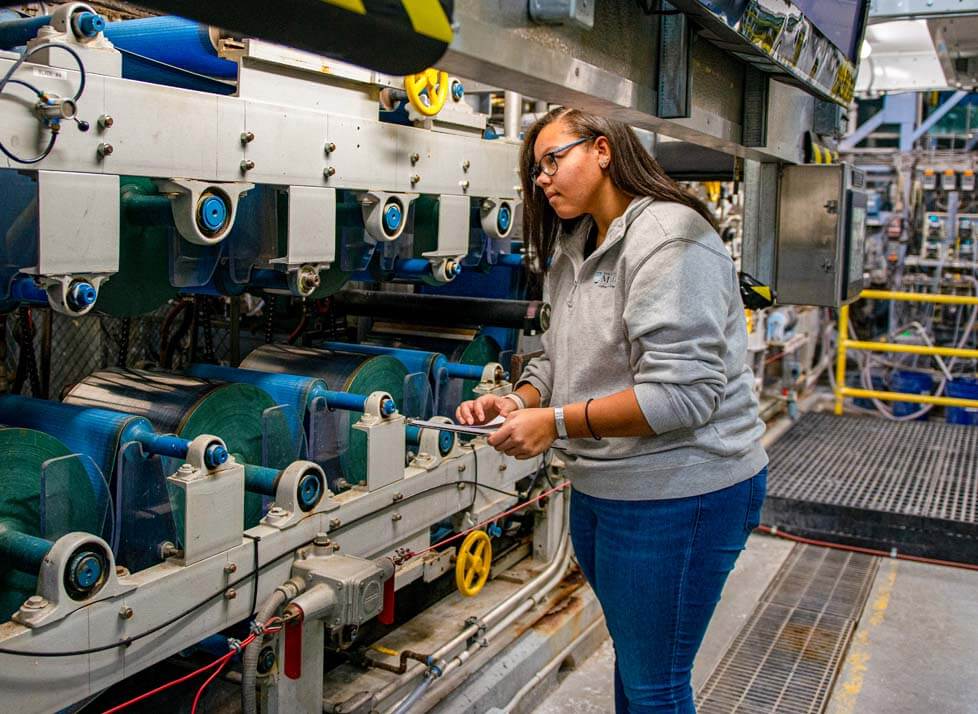
Chemical Engineering students study the design, operation and management of processing systems to alter and upgrade raw materials into products that are more useful to society. Many of these products, such as paper, semiconductors, plastics, fuels, foods, and pharmaceuticals are used in everyday life.
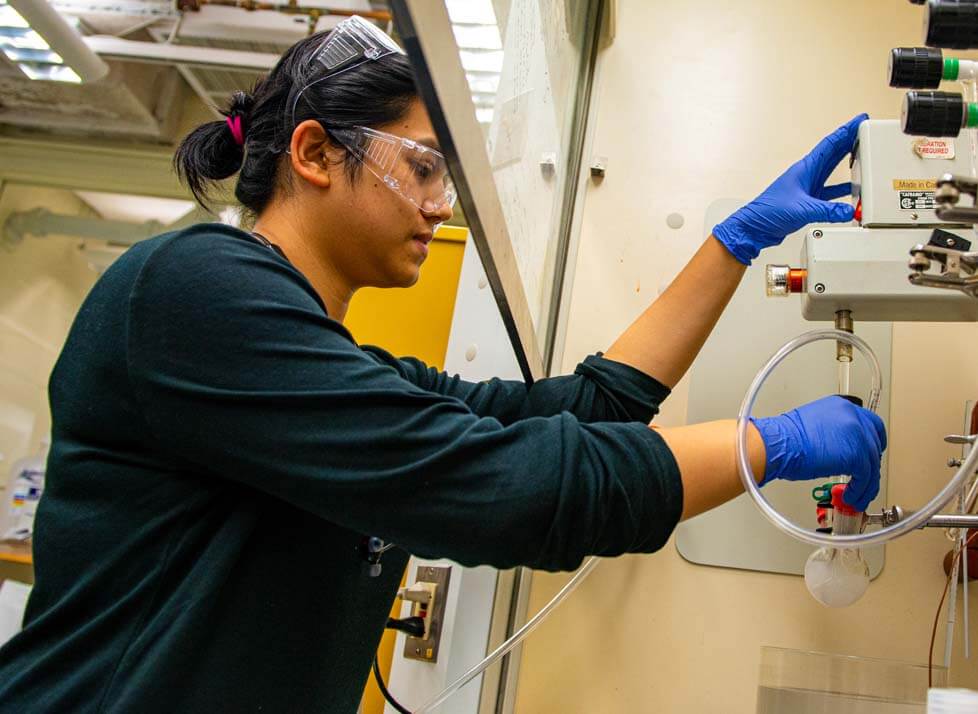
Chemistry, the central science, is an integral part of modern life and forms the basis for advances in nearly all areas of science and technology. Students and faculty in chemistry at the University of Maine work together to answer questions related to major societal issues: energy, the environment, modern materials, and health and medicine.

The child development and family relations program prepares students to work with children, youth and families in a variety of rewarding and challenging careers, including behavioral specialist, early childhood educator, child advocate, recreation/camp director, parent educator, and interventionist. Students study human growth and development across the lifespan in the contexts of schools, communities and families.

Civil and environmental engineering students study the planning, designing, and constructing facilities to serve society, all providing for the health and safety of its citizens. These facilities include highways and railroads, bridges and tunnels, airports and harbors, hydroelectric dams and power plants, irrigation and flood control projects, and the foundations and frames of buildings.

Are you someone who has always been interested in understanding the way humans communicate, the way technologies help and change our communication, how our day to day lives revolve around communication, and how communication impacts cultures and organizations, then obtaining a bachelor’s degree in communication might be the right path for you.

The study of communication sciences and disorders involves the examination of human communication, its development and disorders. The ability to communicate may be our most distinctive characteristic as a species. Human communication is essential to learning, work and social interaction. Communication disorders affect the way people talk and understand.

Computer engineering is a discipline dedicated to the design, construction and programming of computers and computer-based systems. It is focused on the study of digital hardware systems design and software development to control and interact with real-world devices.
Computer engineering is one of the most rapidly growing engineering fields. Jobs are plentiful and salaries are high. Computer engineering graduates typically earn the highest starting salaries of all four-year degree programs.
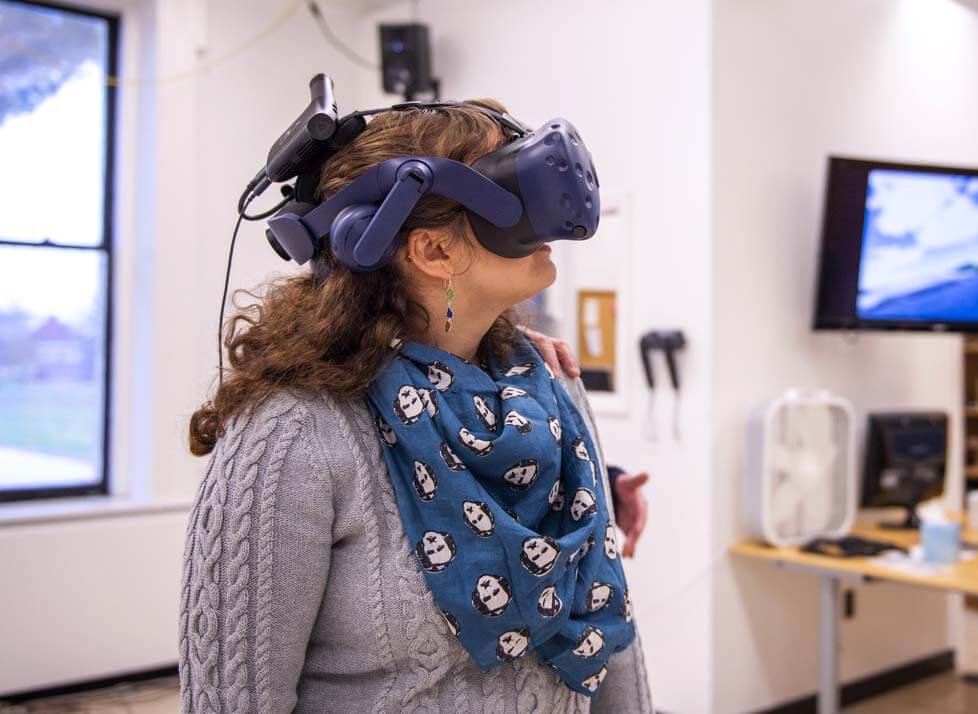
Computing and information science pervades all aspects of modern society and graduates of the School of Computing and Information Science are in high demand in Maine and around the country. With a computer science degree you will understand and realize the potential of computation, and design and build
information systems, networks and computational platforms that advance knowledge and benefit society.

How do businesses use technology to stay ahead in the digital world? That’s the power of Computer Science and Business! This new major at the University of Maine will give you the best of both worlds—cutting-edge technical computing skills and a strong understanding of business strategy.

Construction engineering technology (CET) combines construction, engineering and management in a practice-oriented education that leads to a rewarding career in which graduates exercise their skills, experience and knowledge to build infrastructure nationwide.

Explore the dynamic Criminal Justice program at the University of Maine, where students build a strong foundation in criminology, sociology, and justice systems.
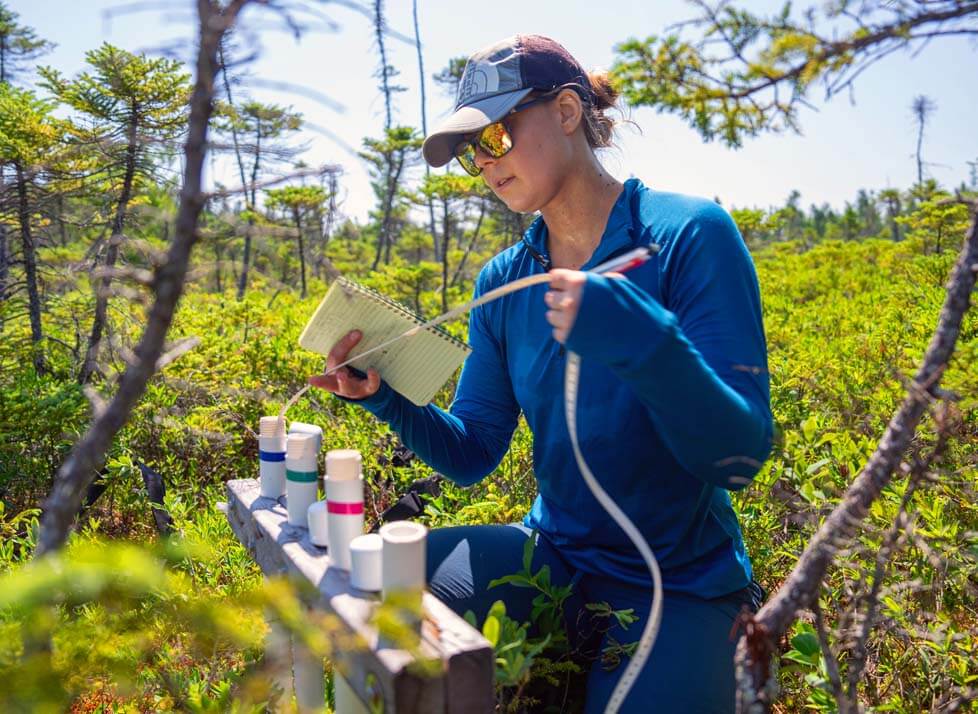
Students in the School of Earth and Climate Sciences are engaged in understanding the processes that shape our planet and in addressing societal challenges of today and tomorrow. We merge student education with cutting-edge research, resulting in an active, welcoming, and engaging school culture.
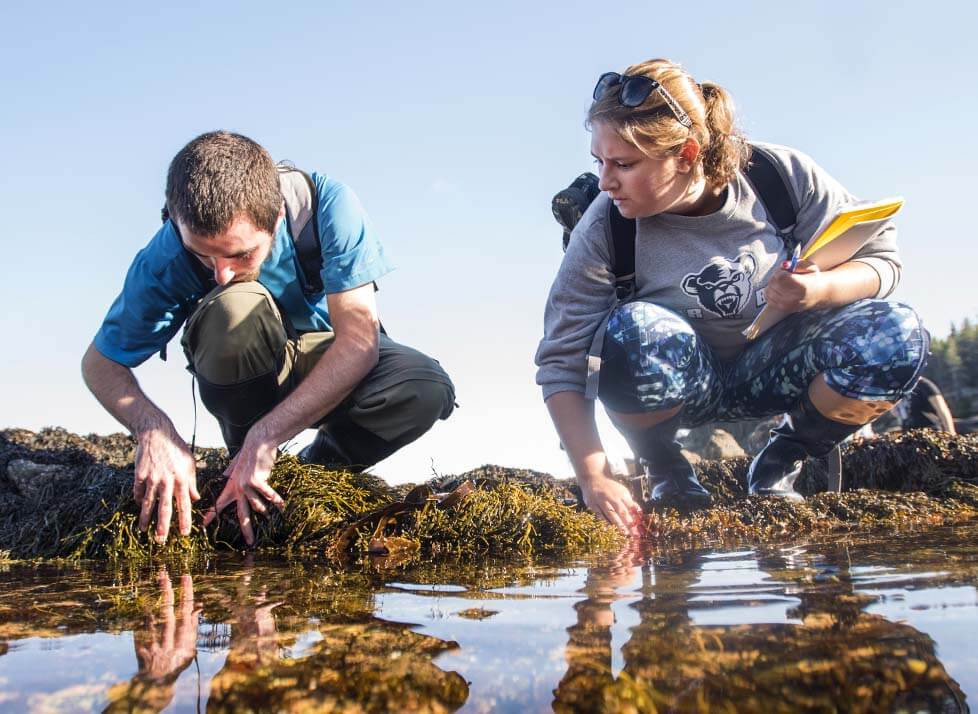
Ecology and environmental sciences (EES) is an interdisciplinary program that emphasizes the link between humans and the environment. The program is designed to acquaint students with the scope and characteristics of our natural resources and to introduce the scientific, social and economic principles that govern resource use, sustainability, and conservation.

Economics trains students in economic analysis and the functioning of economic institutions. The program emphasizes public economic policy, both domestic and international.Students learn how to critically analyze current business and policy issues in areas such as finance and banking, environmental economics, international trade and economic development.
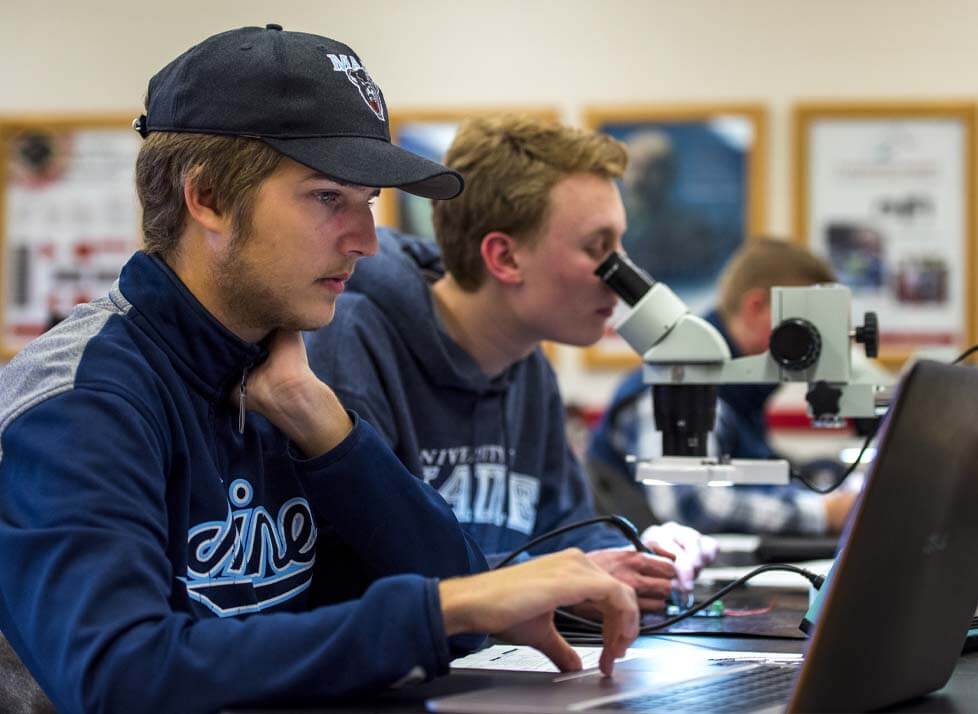
Electrical engineering is about being creative and finding ways to improve people’s lives. It is an exciting, challenging, fast-growing profession with abundant job opportunities with high salaries. As an electrical engineer, you’ll work at the forefront of technology to design and build the next generation of cell phones, electric cars, televisions, robots, satellites, microelectronic devices, renewable energy (solar, wind, and ocean) systems, and microelectromechanical machines — pretty much anything that uses electricity.
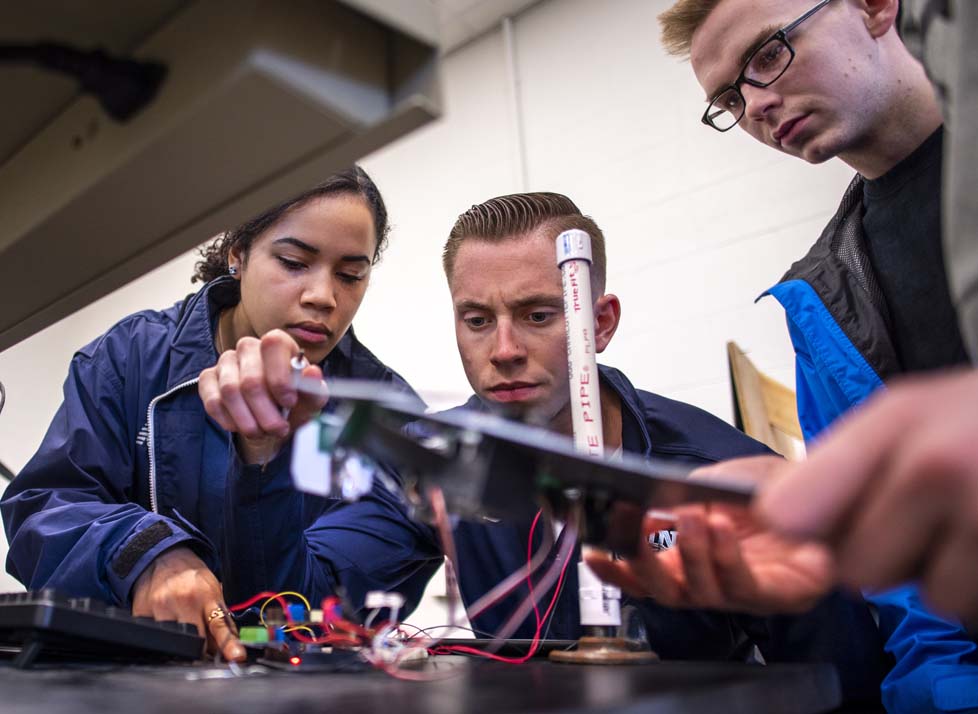
Electrical engineering technology students focus on electrical circuits, semiconductor electronics, microcomputer applications, and electrical machinery and power systems.

The elementary education program prepares students to teach and work in K–8 classrooms and in diverse educational situations.
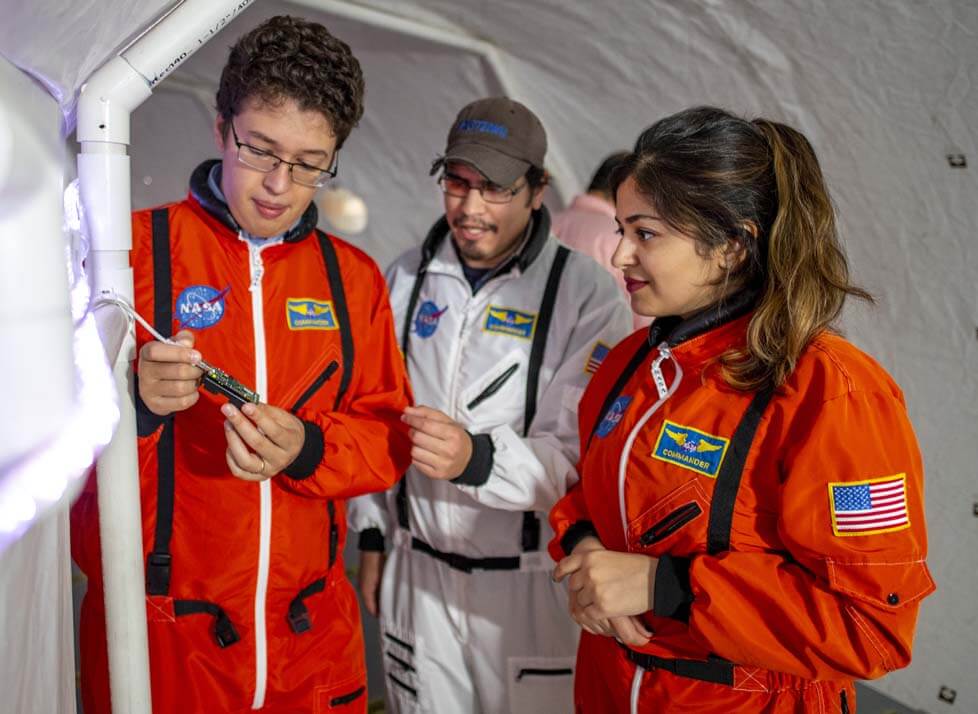
Engineering is about the way things work. Physics is about why things work the way they do. By combining the two, engineering physics students are able to satisfy their curiosity and ultimately gain a deeper understanding of the engineering problems they are working to solve.

Coursework for a Bachelor of Arts in English provides comprehensive instruction in the resources of English, its language and literature. This instruction is central to a liberal education and fundamental preparation for graduate liberal arts and professional programs. The English degree provides excellent preparation for a wide range of careers that depend on critical and creative thinking and the ability to communicate clearly and persuasively.
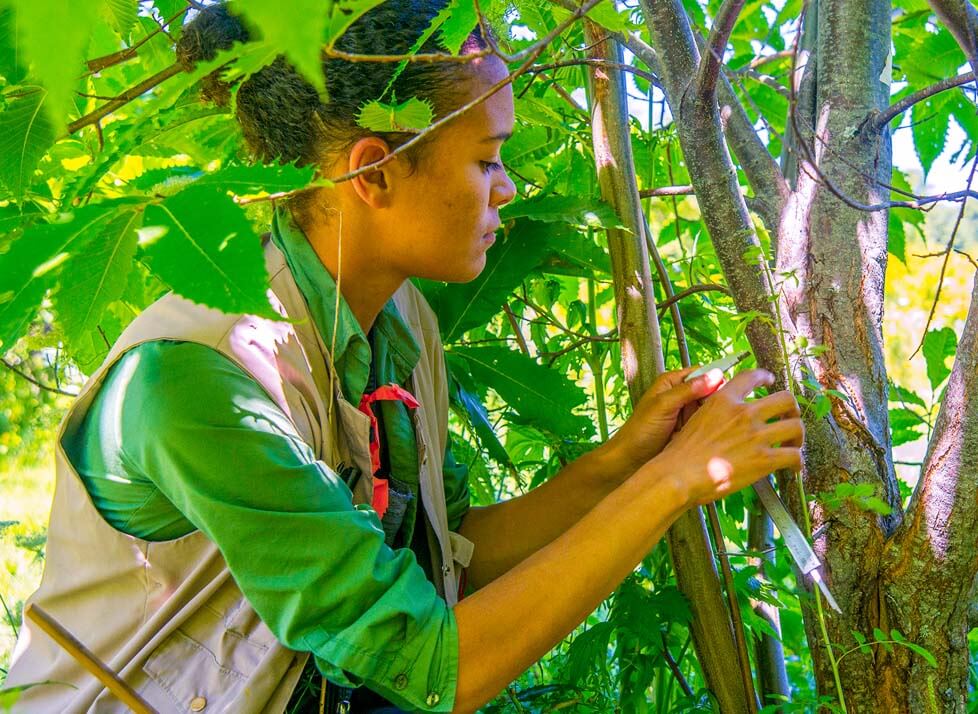
Environmental horticulture explores the applied science of managing ornamental plants in public or estate gardens, residential landscapes, or greenhouses and plant nurseries. The program offers students the opportunity to gain theoretical knowledge and hands-on experience in landscape design, landscape management, sustainable plant production and maintenance, greenhouse management, plant and soil sciences and other related fields.

Explorations is a nationally recognized program for students who are completely undecided upon a major, who are torn between very different areas, or who have been referred to the program by Admissions. Through a combination of academic advising, a special first-year seminar, and structured activities, students identify their academic strengths and career interests. On completion, students are able to make an educated and thoughtful choice about what area of study is right for them.

Students focus on financial decision-making in a corporate environment, the functioning of financial markets and institutions, methods of financing business operations, and security selection and portfolio management. The Gerard S. Cassidy ’80 Capital Markets Training Laboratory features a Bloomberg terminal that provides real-time and historical price information and analysis of equities, fixed income securities, derivatives contracts, and foreign exchange rates.

Financial economics provides students with a strong foundation in economic theory and quantitative methods, along with coursework in the area of business finance. UMaine’s financial economics program provides a strong undergraduate background for graduate professional degrees in business, economics and law.
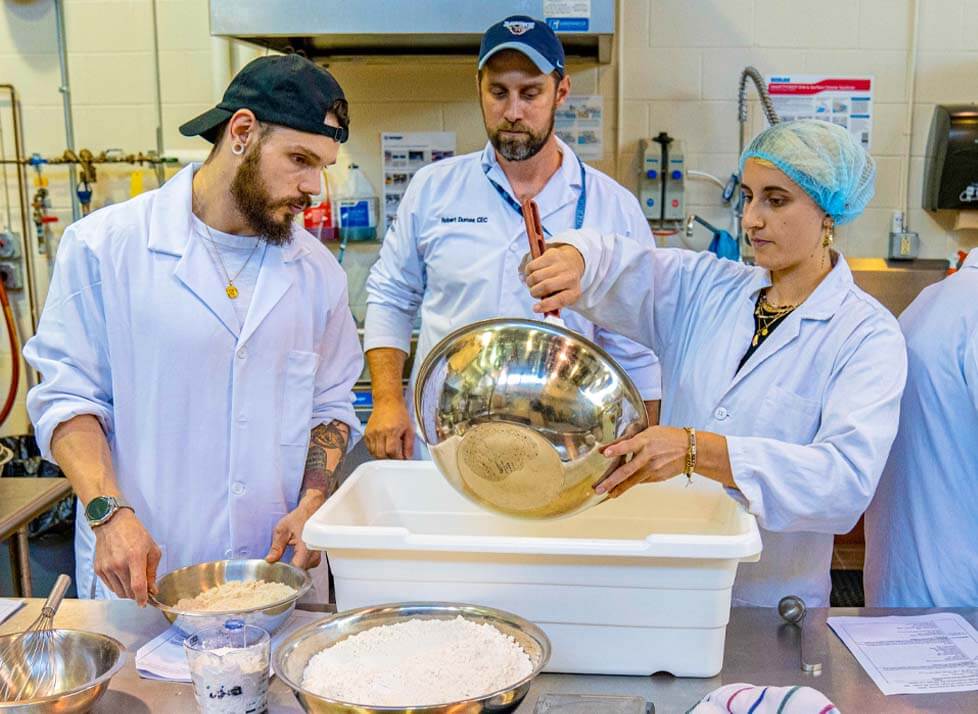
The Bachelor of Science degree in Food Science and Human Nutrition provides undergraduate education in three concentrations: food management, food science, and human nutrition and dietetics. Each concentration prepares students for different careers in the area of food science and human nutrition.
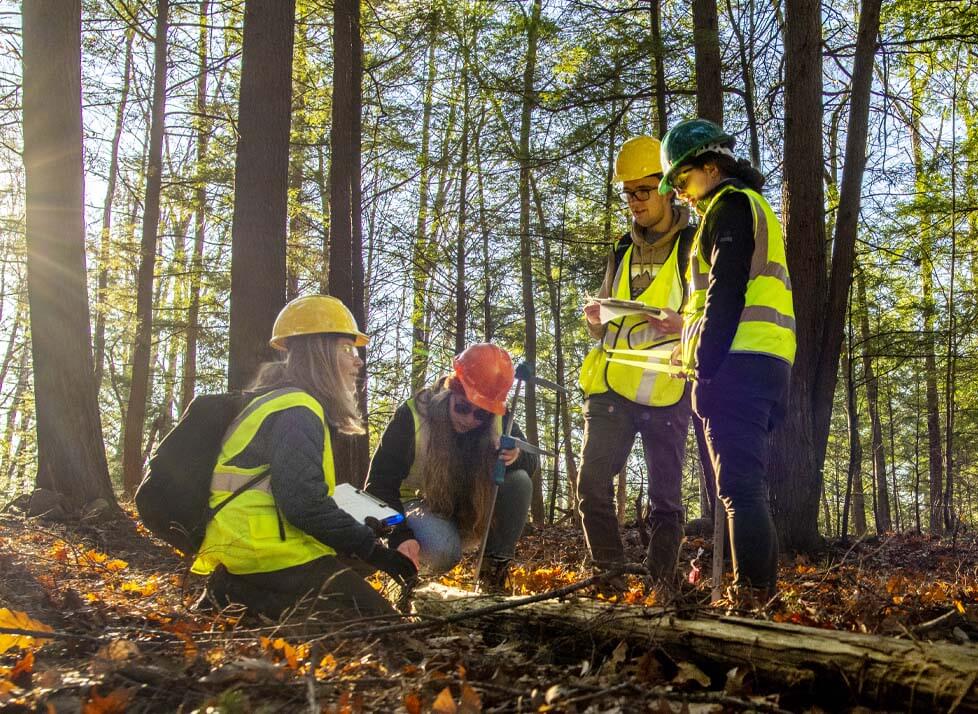
The forestry program is the perfect fit for students who wish to have a deeper understanding of the many different aspects of managing natural and human elements of forest systems. Forestry requires a broad education. It combines forest ecosystem sciences, management sciences, and communications skills for managing forest resources to meet society’s ever increasing needs for desired products, services, and forest conditions.

The language department prepares students to communicate with and understand people from different cultures both abroad and at home. Students broaden their cultural and intellectual horizons by developing bilingual or multilingual critical thinking skills as they prepare for careers in commerce, education, government, engineering, science, art, law or service industries.

Studying history at the University of Maine helps students enhance their understanding of themselves and the contemporary world by expanding their knowledge of the experiences of other peoples, both past and present.

The B.Sc. in Human-Centered Technology Design (HCTD) is a multidisciplinary program that focuses on the design of creative technologies to improve human experiences. HCTD blends elements from new media,
computer science, spatial computing, psychology, communication, and innovation engineering to empower
students to investigate artistic and innovative problem-solving approaches using emerging technologies, such as AI, AR, VR, IoT, and autonomous vehicles.
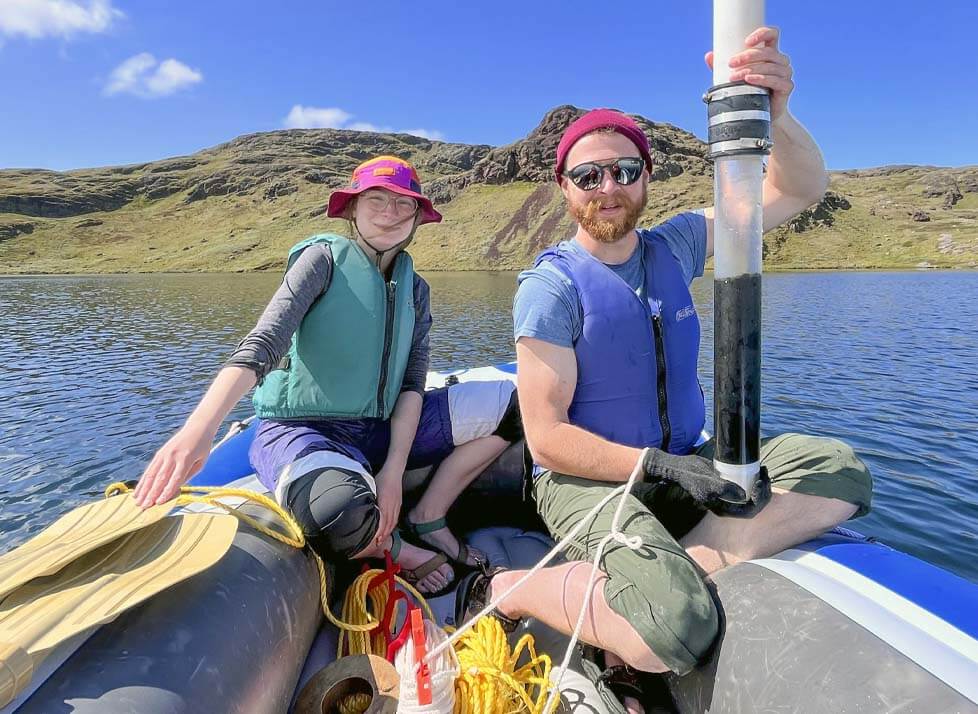
This program engages students in the human dimensions of climate change — one of the most important scientific and cultural challenges facing the world today. Students explore and understand the diverse human causes and impacts of climate change to better enact successful policy decisions at local, national and international levels. The program provides students with skills useful within the academic environment and beyond.

A degree in international affairs benefits students as they prepare for their roles as national and global citizens. It prepares them for the dynamics behind a changing global society and helps them understand how to enhance the international community. The International Affairs Program offers a strong curriculum that includes courses from departments across the campus which allows for new and broad perspectives.

Want to document history as it happens? Want to help the general public understand current events through written or audiovisual reporting? Interested in how people use communication to shape the world in which we live? These are the kinds of things students in journalism do and learn. The Journalism program at UMaine offers students opportunities to write, report, narrate, document, and investigate.
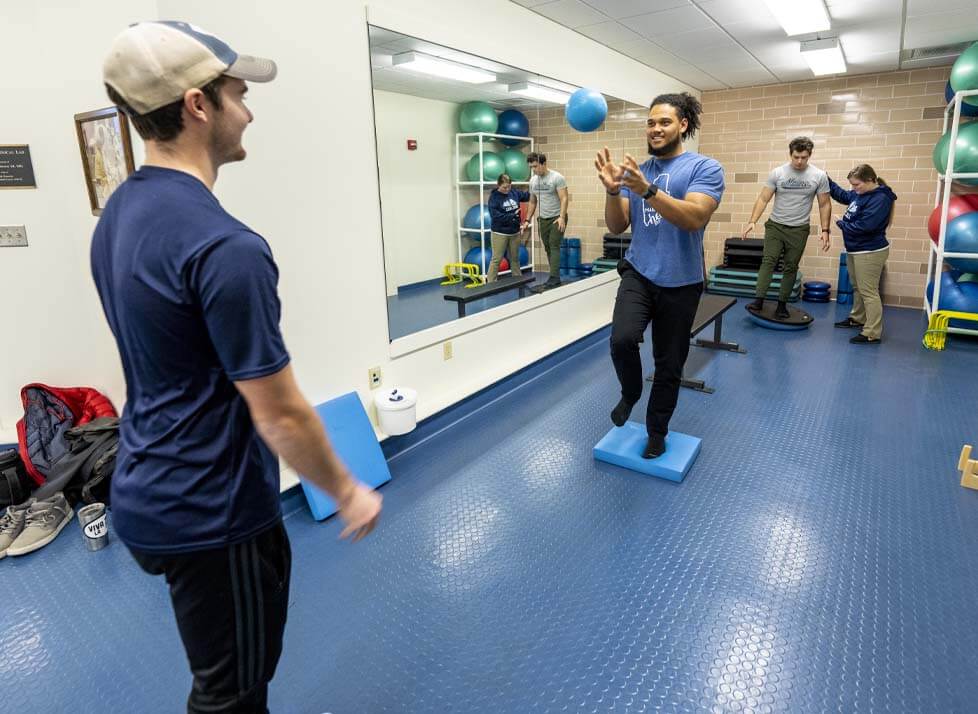
Kinesiology and physical education majors have outstanding opportunities for professional development in an ideal location. The Appalachian Trail, lakes, hiking trails and the Atlantic Ocean are all within an easy drive of campus, providing many venues to study and practice in the field.

Management majors navigate the complexities of corporate, international, and small business management and hone administrative and organizational principles, such as leadership, organizational change, strategic analysis, production system analysis, and human resources. The subject matter offered includes administration and organizational theory, motivational and social systems, human resource management, operations, and decision and policymaking systems.
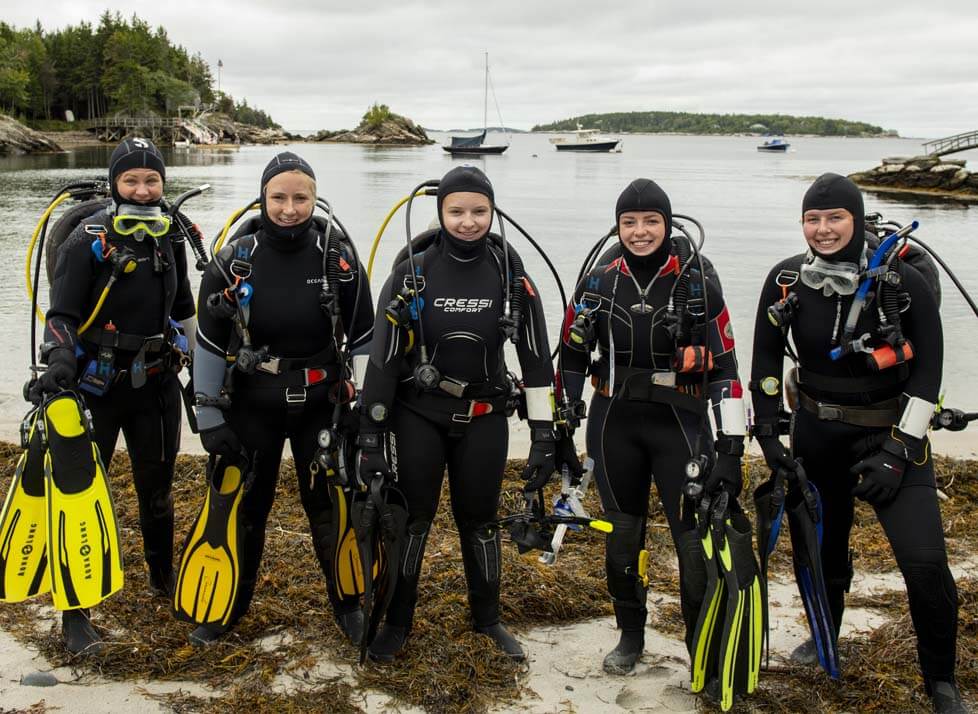
Marine science is a rich discipline that combines studies from a variety of subjects in order to understand the marine environment, marine life, and their interactions. Marine science plays a pivotal role in the continuing quest to understand our world and to manage its resources. The interdisciplinary nature of the Marine Science curriculum will prepare students to analyze critically such contemporary issues as environmental change, human impacts on the ocean, and biodiversity.

The marketing major teaches market assessment, segmentation, targeting, positioning, and brand-building skills. Students also explore pricing strategies, distribution, and promotional approaches, including advertising, social media, and direct sales. Marketing students learn to work in teams, communicate effectively, and make professional presentations. Marketing majors commonly pursue careers in e-commerce and digital marketing, services marketing, sales, advertising, marketing research, and retail management.

Mathematicians and those with mathematical inclination are inherently problem solvers. Through course work and individual faculty-student work, the Department of Mathematics and Statistics offers the mechanism to develop and refine problem solving skills and creative thinking skills that are vitally important for the demands of the job market and society in general.

If you like solving puzzles or problems and hands-on learning, a career in mechanical engineering technology might be right for you. Mechanical engineering technology classes combine applied engineering with extensive laboratory experience. The MET program is a broad field which prepares students to work with industry designing and developing new and innovative products.

The mechanical engineering technology program is a broad field which prepares students to work with industry designing and developing new and innovative products.
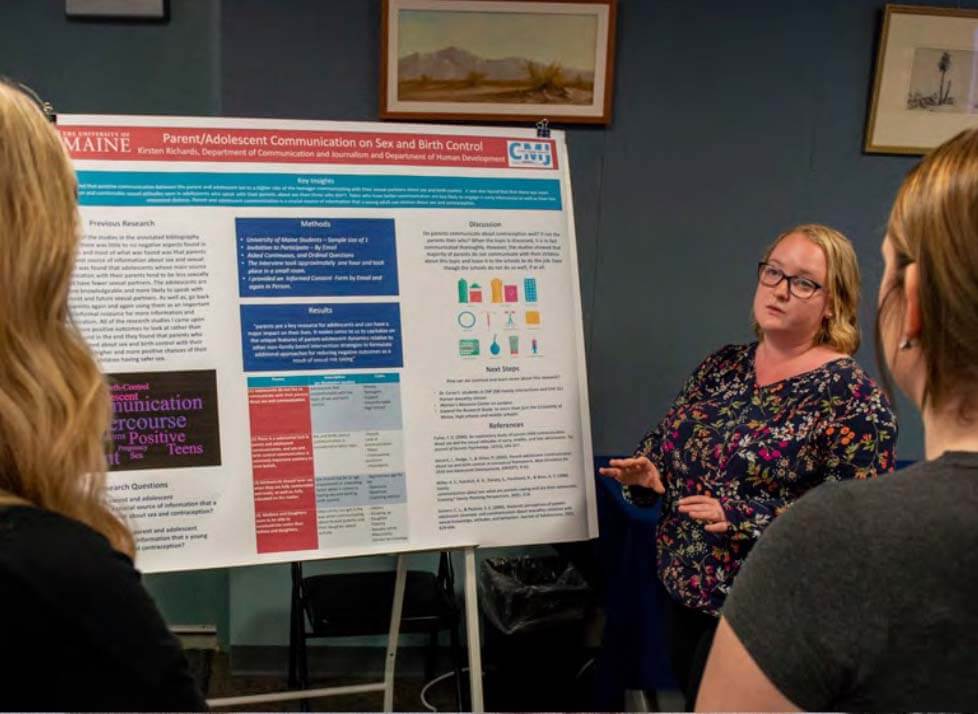
Do you ever wonder how the media impact how we live our lives, interact with others, see the world around us, and think about ourselves? Or how the technologies we use to communicate have changed cultures, organizations, and human relationships? In media studies, we aim to answer questions like these and more by examining the relationships between the media and the people who use them.
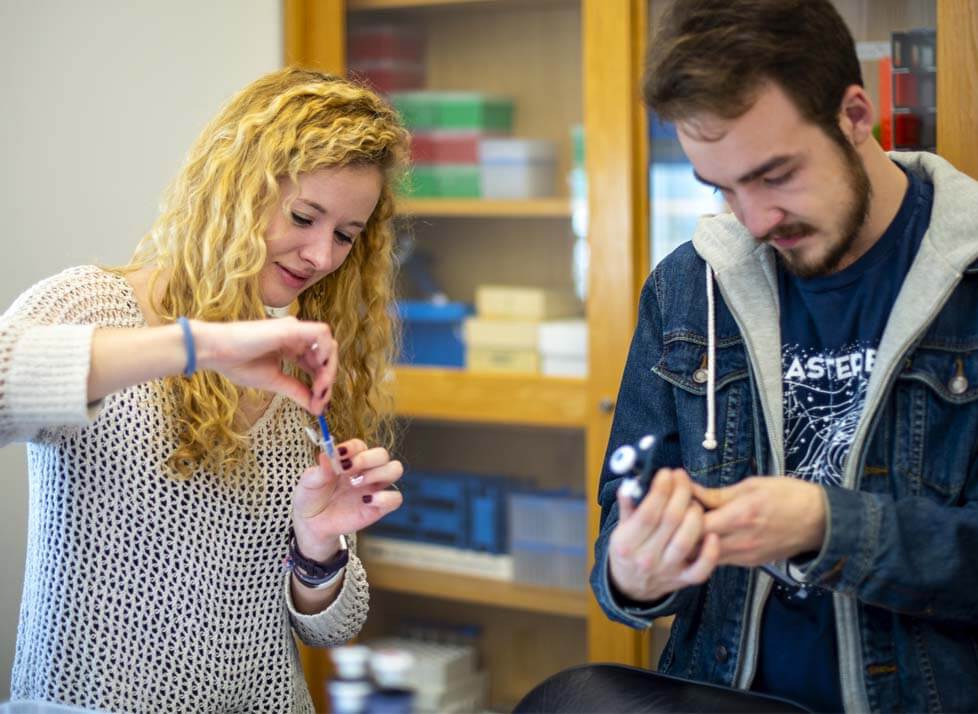
Microbiology is the study of microscopic forms of life such as bacteria and viruses and the immune response to these microorganisms. A career in Microbiology is an opportunity to explore new phenomena, participate at the frontiers of the most actively expanding areas of science today, and make significant contributions to human beings, our society and the world.
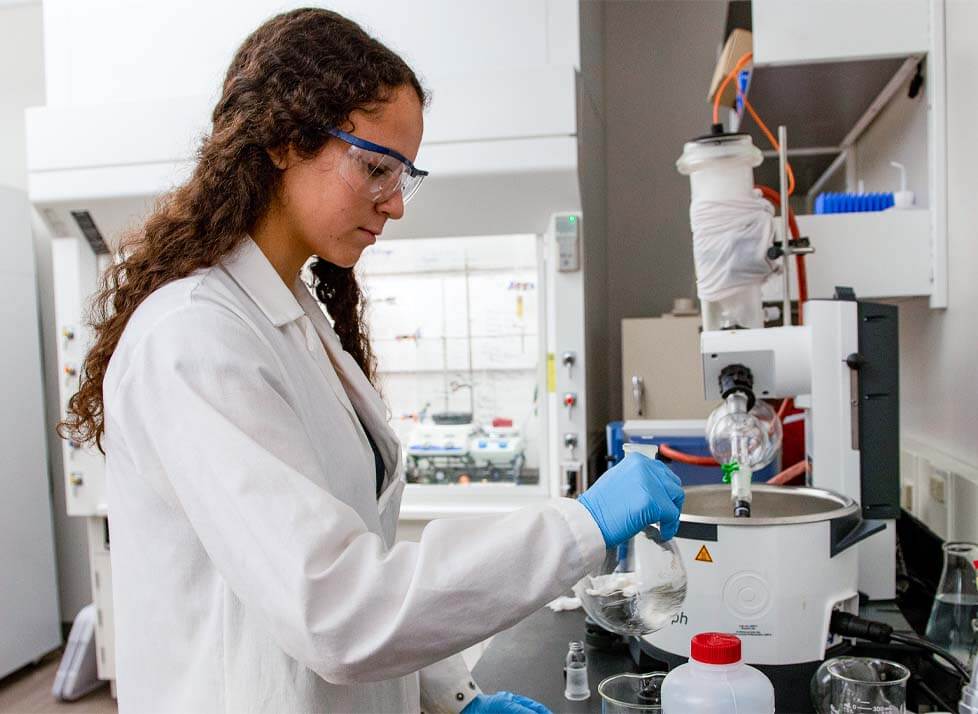
A degree in molecular and biomedical science is ideal for any student interested in a career that revolves around the general study of molecular systems which are involved in DNA and molecular genetics. This degree will give students the experience and resources they need to prepare for a career in the expanding pharmaceutical, health and agricultural industries.

This program is designed for the study of music within a strong liberal arts curriculum. It offers broad coverage of the field of music with emphasis upon the study of the history and theory of music. It furnishes an appropriate background for prospective candidates for advanced degrees who are preparing for non-performance centered careers. It does not qualify the graduate for certification as a public school music teacher.

Undergraduate degrees in music, music education and music performance prepare students for careers as performing arts educators and professional performers.
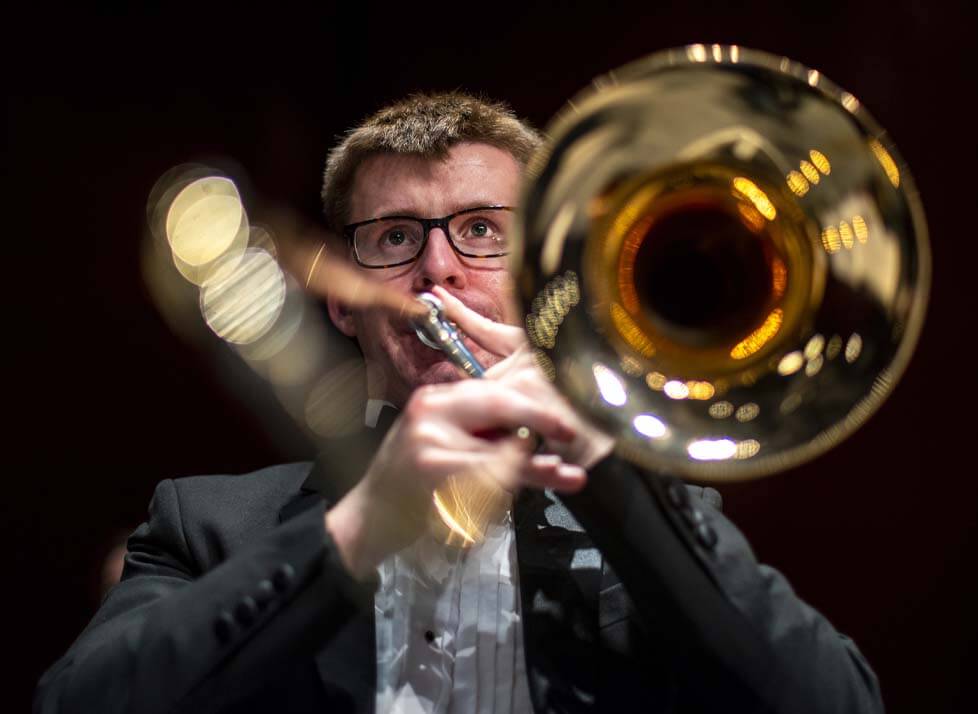
The Bachelor of Music degree in Performance is designed to assist the music student to prepare for a career in music performance. The degree is offered for the following applied areas: standard orchestral and band instruments, piano, voice, classical guitar, and pipe organ. Emphasis is placed on performance with supporting studies in music theory, music history and the liberal arts.

The study of New Media equips creative minds with the skills necessary for success in the 21st century. In this major, students will hone a wide variety of innovative skills, while examining how emergent technologies continue to shape our society.
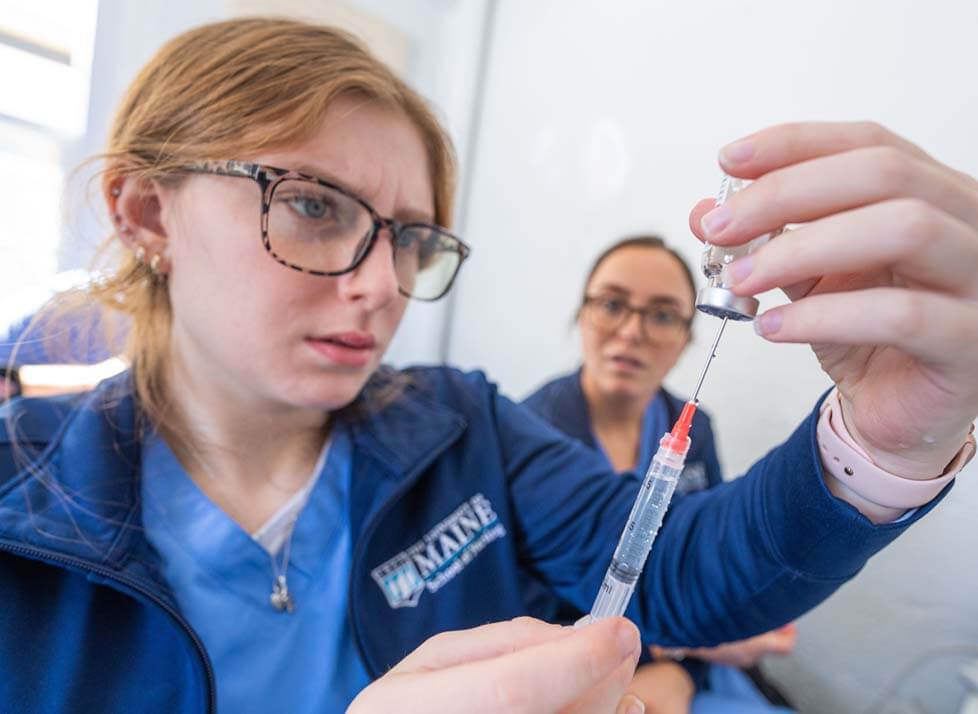
The University of Maine’s School of Nursing prepares future nurses for the intricate and diverse global health care system. The goal of this program is to prepare a professional generalist practitioner of nursing who can assist individuals, families and groups to achieve
and maintain optimal health, and be able to work in a variety of health care settings.

Parks, recreation and tourism teaches students to work in settings such as parks and protected natural areas, the public and private business sectors, nonprofit environmental organizations, and state and federal natural resource agencies.
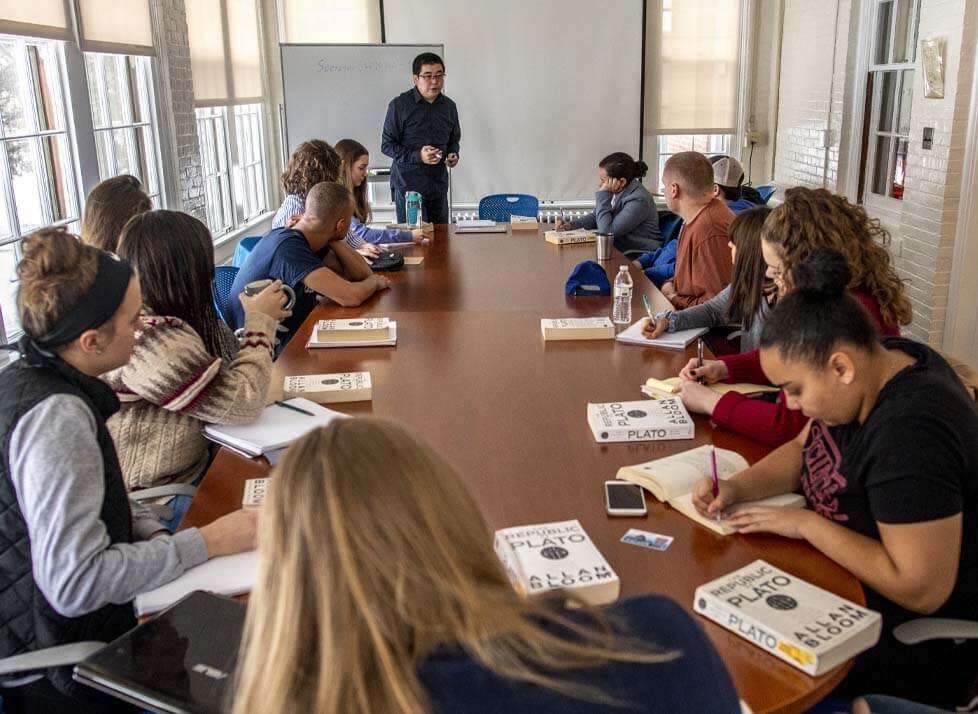
Philosophy examines human nature, culture and the world. What is truth? What is real? What is beauty? What is the good life? What does it mean to know? What values should inform our relationships with other people, communities, and the natural environment?
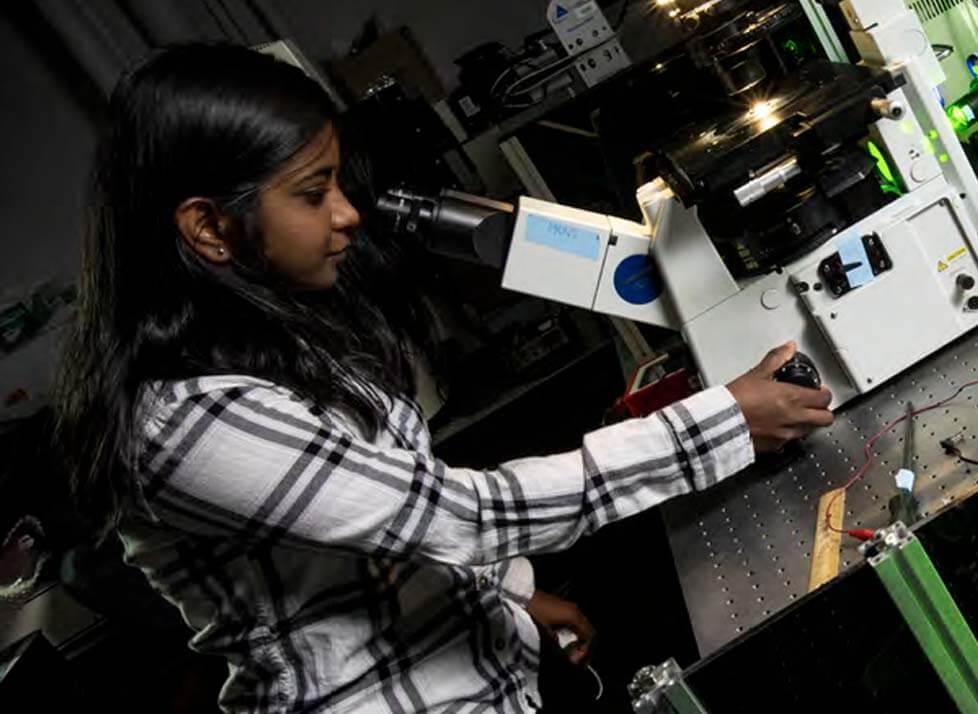
Physics is everywhere in our daily lives. Physics describes how boomerangs return, waves crash on the beach and soda fizzes. Physics is the science underlying all other physical and applied sciences, with the universe as a laboratory. Physics is the exploration of the unknown, trying to anticipate the unexpected.

Political science examines the nature of politics from diverse perspectives. Study in political science teaches students to think critically about the fundamental theories, principles, institutions and practices of politics in their social and historical contexts.
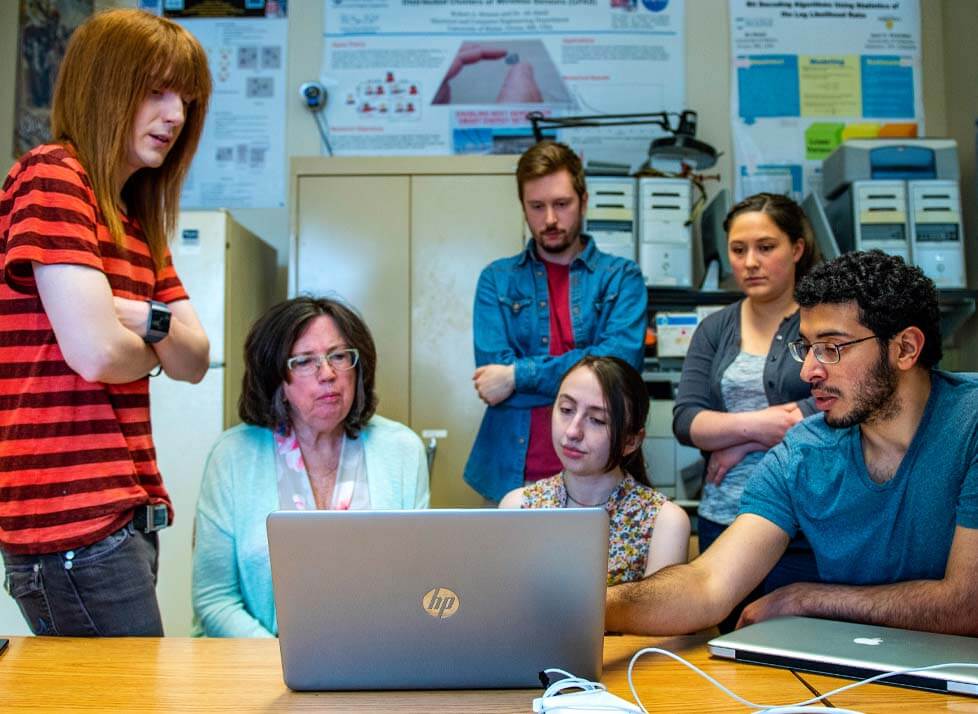
Psychology majors develop a scientific understanding of behavior by exploring the wide range of factors that shape it — from molecules to the brain as a whole, from sensory input to reasoning, and from genetics to social and cultural influences.

The Department of Modern Languages and Classics prepares students to communicate with and understand people from different cultures, both abroad and here at home.

The Secondary Education program prepares students to teach in middle and high schools across diverse settings. The College of Education and Human Development is nationally accredited for its teacher certification programs and provides many opportunities for students to gain professional experience in schools locally, statewide and internationally. Students build a strong liberal arts background by drawing from the many departments on campus to fulfill general education and concentration requirements.

At UMaine’s School of Social Work, we prepare proficient and ethical social work professionals committed to social change in a variety of organizations, specializations, and professional roles.

Sociology majors study human social behavior, society, patterns of social relationships, social interaction, and culture that surrounds everyday life. As a sociology major you will learn how society works, how and why people behave and think the way they do, and how social inequality affects our lives and society.

The Department of Modern Languages and Classics prepares students to communicate with and understand people from different cultures, both abroad and here at home.

The sport management major prepares students with the practical experience and academic foundation necessary to succeed in the sport industry. Sport management, or the business side of sport, is one of the most exciting, interesting, and fun pathways a student can
take as it combines a traditional business education with the excitement of the sport industry-specific courses.

The studio art curriculum focuses on creative work in drawing, painting, printmaking, sculpture and digital art. The program offers two degrees: a B.A. and a B.F.A. in studio art.
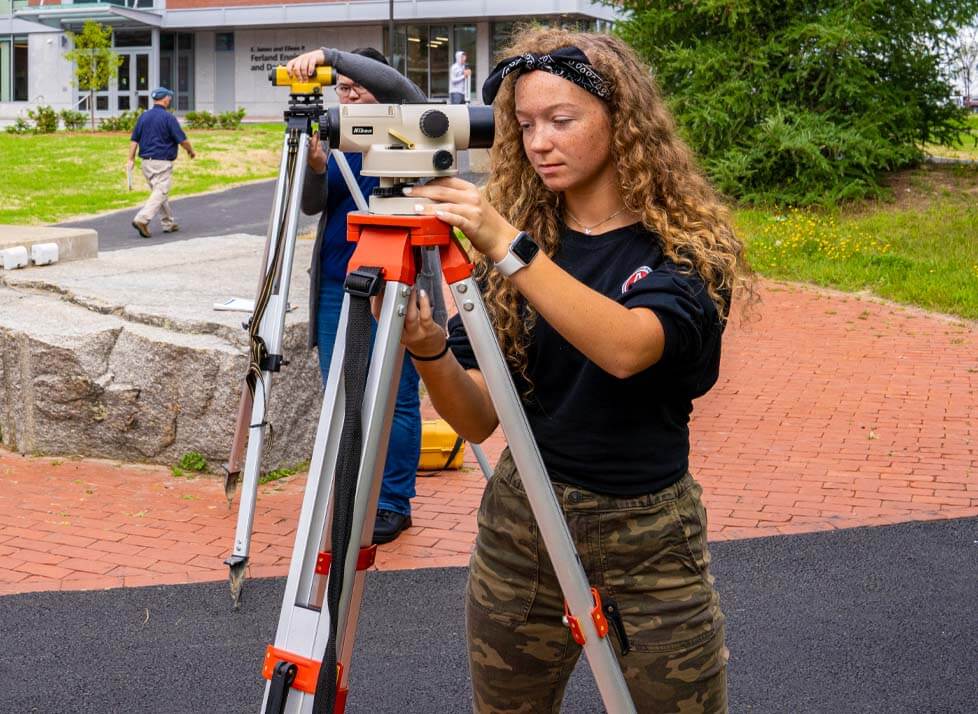
Surveying engineering technology is a practice-focused program that provides students with the foundation to embark on a rewarding career as a professional land surveyor.

The Bachelor of Science in Sustainable Agriculture is designed for students interested in working in the growing field of ecologically-based agriculture in areas of production, research and education. UMaine’s program was the first Sustainable Agriculture program in the country.
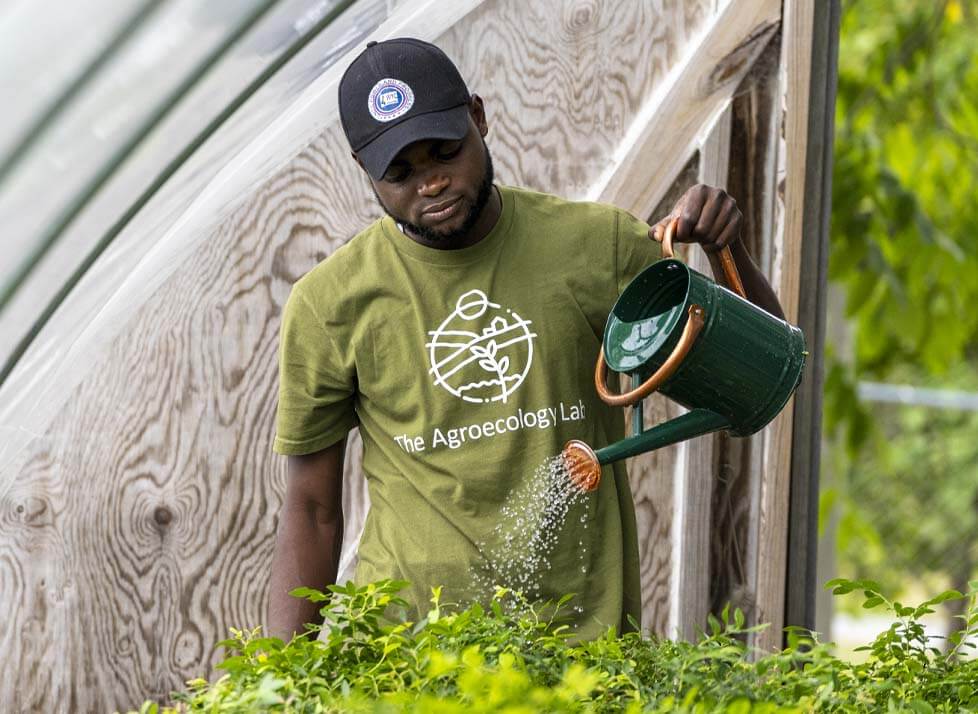
The B.S. in Sustainable Food Systems explores the interconnected activities from production to consumption of food or generation of food waste. The program has five concentrations: climate change and food systems, food processing and innovation, justice, equity, and community development, leadership and management, and plant and animal production systems.
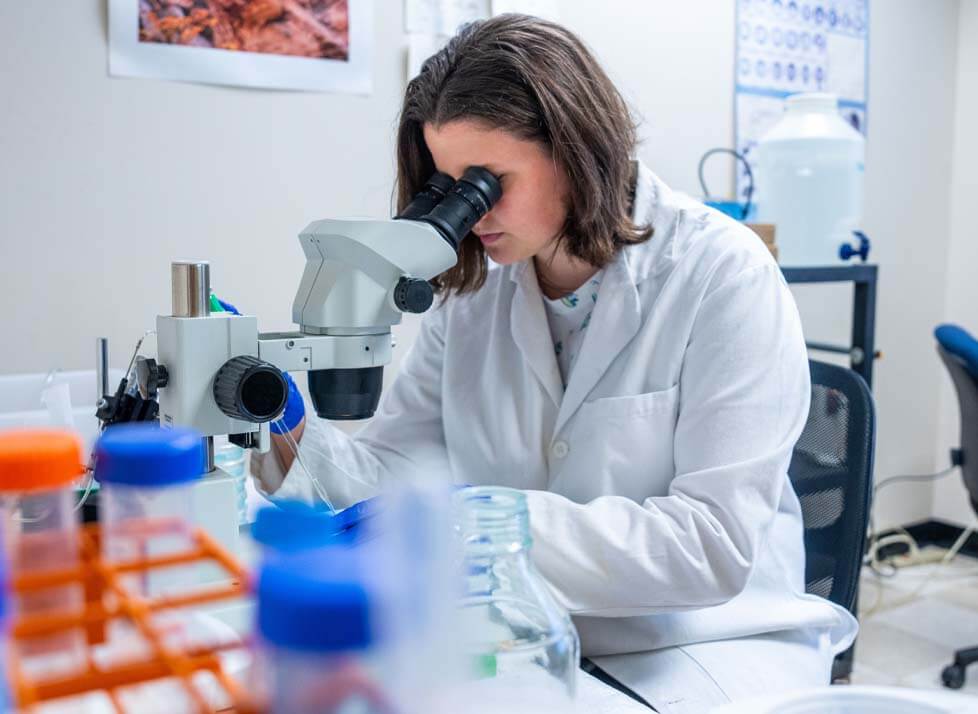
Sustainably sourced materials are increasingly being adopted to meet the needs of both agrowing global population and addressing climate change. Graduates are in demand with industry, government, and non-governmental organizations, and graduate programs due to their understanding of complex systems like sourcing, life cycle impacts, and sustainablematerials performance.

The Bachelor of Arts degree in Theatre provides students an opportunity to study acting, directing, design and technology, as well as theatre history, performance studies, and literature.

Work. Travel. Family. Life is busy. Don’t let that stop you from completing your degree. The Bachelor of University Studies makes the most of your existing college credit to help you earn your degree faster and more cost-effectively. The program is designed to be flexible and easily integrated into your life by offering part-time study both on campus and 100% online.
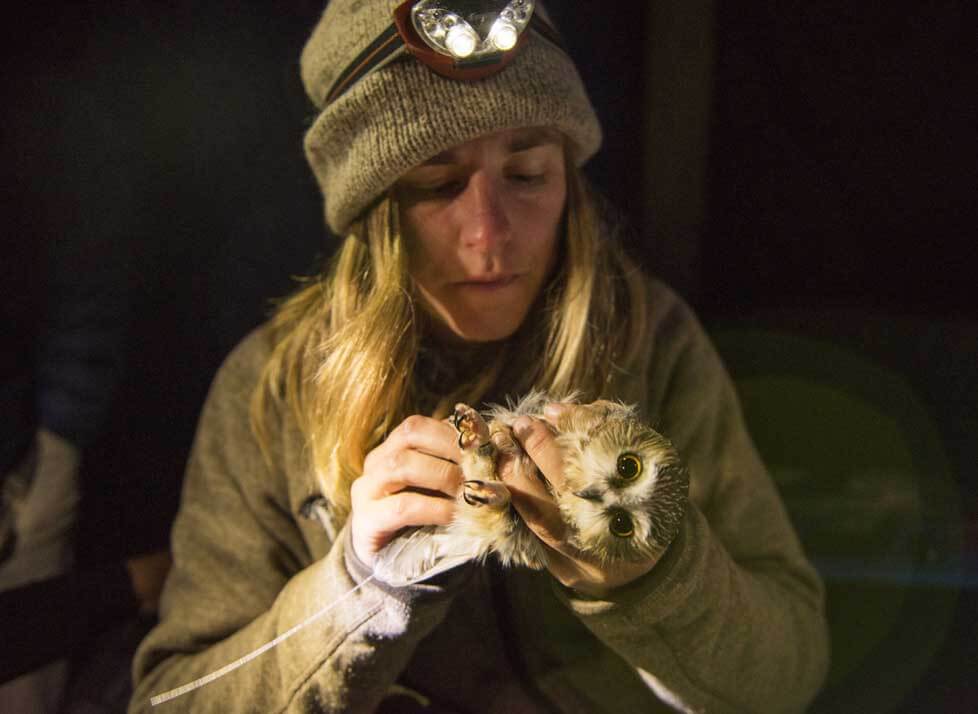
Wildlife ecology students have the unique opportunity to study the ecosystem while being in the spectacular environment of Maine. Get valuable experience in the field as you learn practical information from our outdoor courses and exercises that are ideal for aspiring ecologists.

The women’s, gender, and sexuality studies program examines gender and sexuality as they intersect with race, ethnicity, class, nationality, disability and other sites of social inequality.
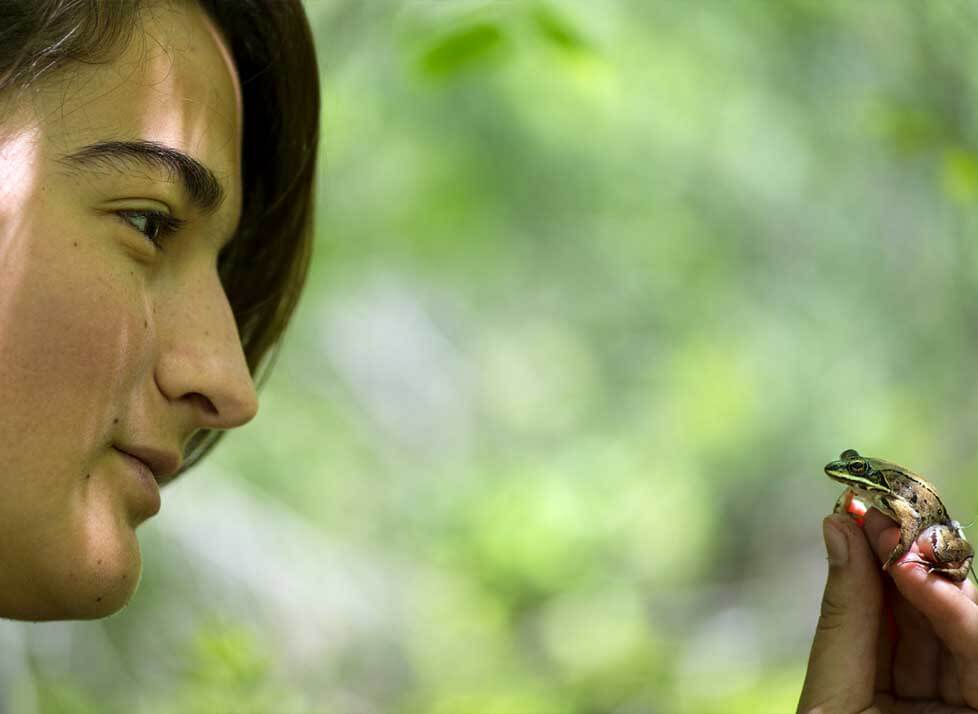
Zoology is the study of animals: invertebrates and vertebrates — including human beings! Students learn about animals at molecular, cellular, organ, and whole-animal levels. Our students study the evolution of animals, their behavior, and their ecology and engage in
solving critical problems through research.

Lorem ipsum dolor sit amet, consectetur adipiscing elit. In tincidunt in magna vitae congue. Suspendisse vehicula maximus fringilla. Nullam sit amet tincidunt mauris, id tincidunt lectus. Maecenas consectetur risus vitae cursus bibendum. Sed finibus sem lectus. Vestibulum eleifend rutrum magna quis tempus. Ut malesuada tellus in mauris efficitur fermentum. Sed mollis ac purus in lacinia.

Lorem ipsum dolor sit amet, consectetur adipiscing elit. In tincidunt in magna vitae congue. Suspendisse vehicula maximus fringilla. Nullam sit amet tincidunt mauris, id tincidunt lectus. Maecenas consectetur risus vitae cursus bibendum. Sed finibus sem lectus. Vestibulum eleifend rutrum magna quis tempus. Ut malesuada tellus in mauris efficitur fermentum. Sed mollis ac purus in lacinia.

Lorem ipsum dolor sit amet, consectetur adipiscing elit. In tincidunt in magna vitae congue. Suspendisse vehicula maximus fringilla. Nullam sit amet tincidunt mauris, id tincidunt lectus. Maecenas consectetur risus vitae cursus bibendum. Sed finibus sem lectus. Vestibulum eleifend rutrum magna quis tempus. Ut malesuada tellus in mauris efficitur fermentum. Sed mollis ac purus in lacinia.



